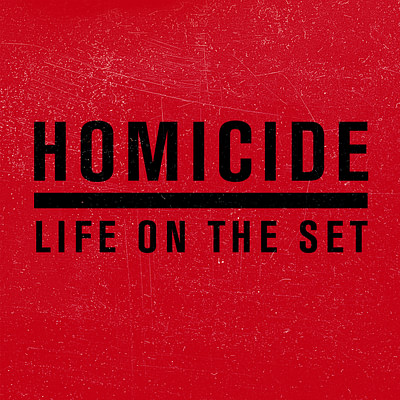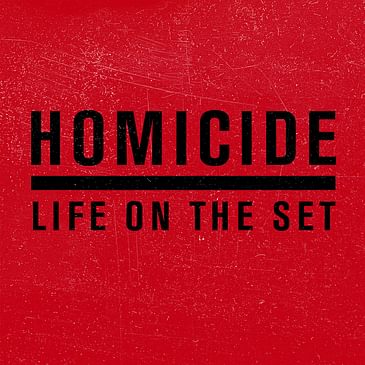Susan and Chris are joined by actor Kyle Secor, who played Det. Tim Bayliss for all 7 seasons of Homicide and the movie. Kyle shares his memories of working on the show as an actor and director.
Kyle’s website: https://www.kylesecor.net/
Kyle’s substack
https://kylesecor.substack.com/p/a-homicide-origin-story?r=1sw5l&utm_medium=ios&triedRedirect=true
Kyle’s book “Death of the actor” https://www.kylesecor.net/book
The Starling Girl film starring Kyle
https://www.imdb.com/title/tt21156390/reference/
Susan would like to dedicate this episode to her mother, Margaret Ingram, 92. Margaret was a big fan of the show and looked forward to listening to the podcast. Unfortunately, she died a couple of weeks before the first episode was released and just a few days before this interview with Kyle.
If you enjoy this podcast, please connect with us and share the episodes on social media.
You can connect with us here:
BlueSky
https://bsky.app/profile/homicidepod.bsky.social
Instagram
https://www.instagram.com/homicidepod/
Threads
https://www.threads.net/@homicidepod
Twitter
https://twitter.com/homicidepod
The Podcast is also available on YouTube
https://www.youtube.com/channel/UCHuY_R27YiZeAwMjcQ3dr4w
Kyle’s website: https://www.kylesecor.net/
Kyle’s substack
https://kylesecor.substack.com/p/a-homicide-origin-story?r=1sw5l&utm_medium=ios&triedRedirect=true
Kyle’s book “Death of the actor” https://www.kylesecor.net/book
The Starling Girl film starring Kyle
https://www.imdb.com/title/tt21156390/reference/
Susan would like to dedicate this episode to her mother, Margaret Ingram, 92. Margaret was a big fan of the show and looked forward to listening to the podcast. Unfortunately, she died a couple of weeks before the first episode was released and just a few days before this interview with Kyle.
If you enjoy this podcast, please connect with us and share the episodes on social media.
You can connect with us here:
BlueSky
https://bsky.app/profile/homicidepod.bsky.social
https://www.instagram.com/homicidepod/
Threads
https://www.threads.net/@homicidepod
https://twitter.com/homicidepod
The Podcast is also available on YouTube
https://www.youtube.com/channel/UCHuY_R27YiZeAwMjcQ3dr4w


